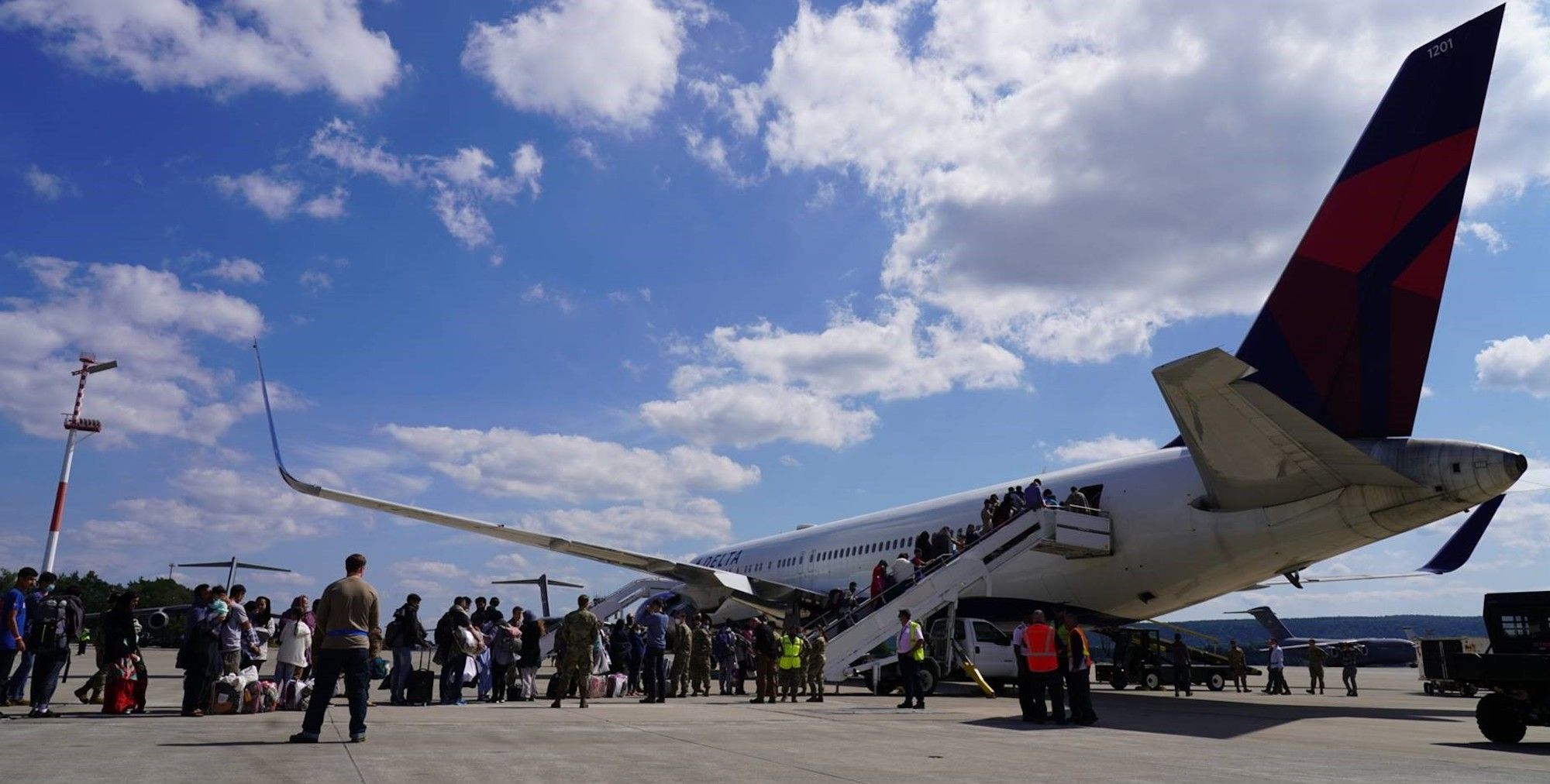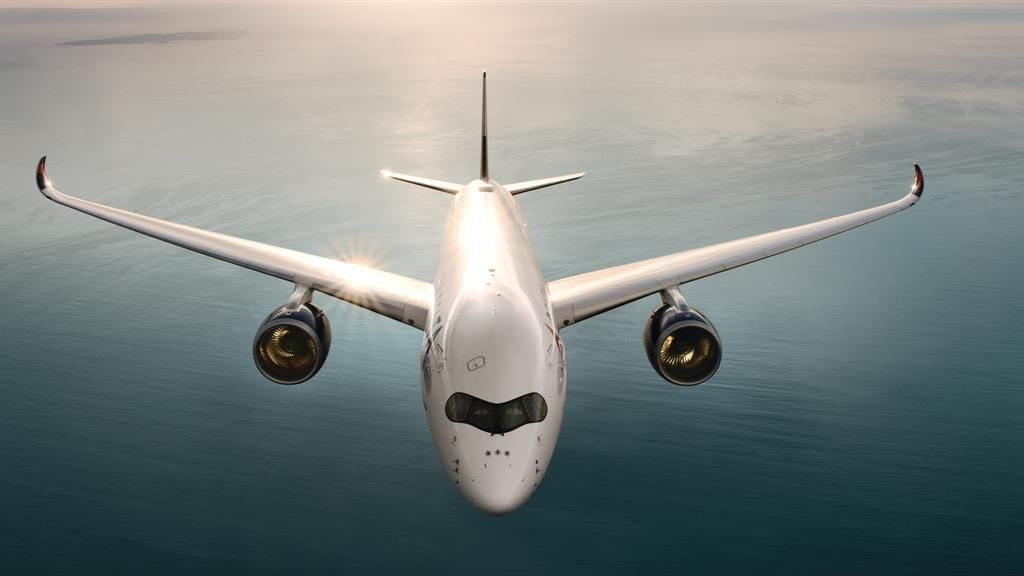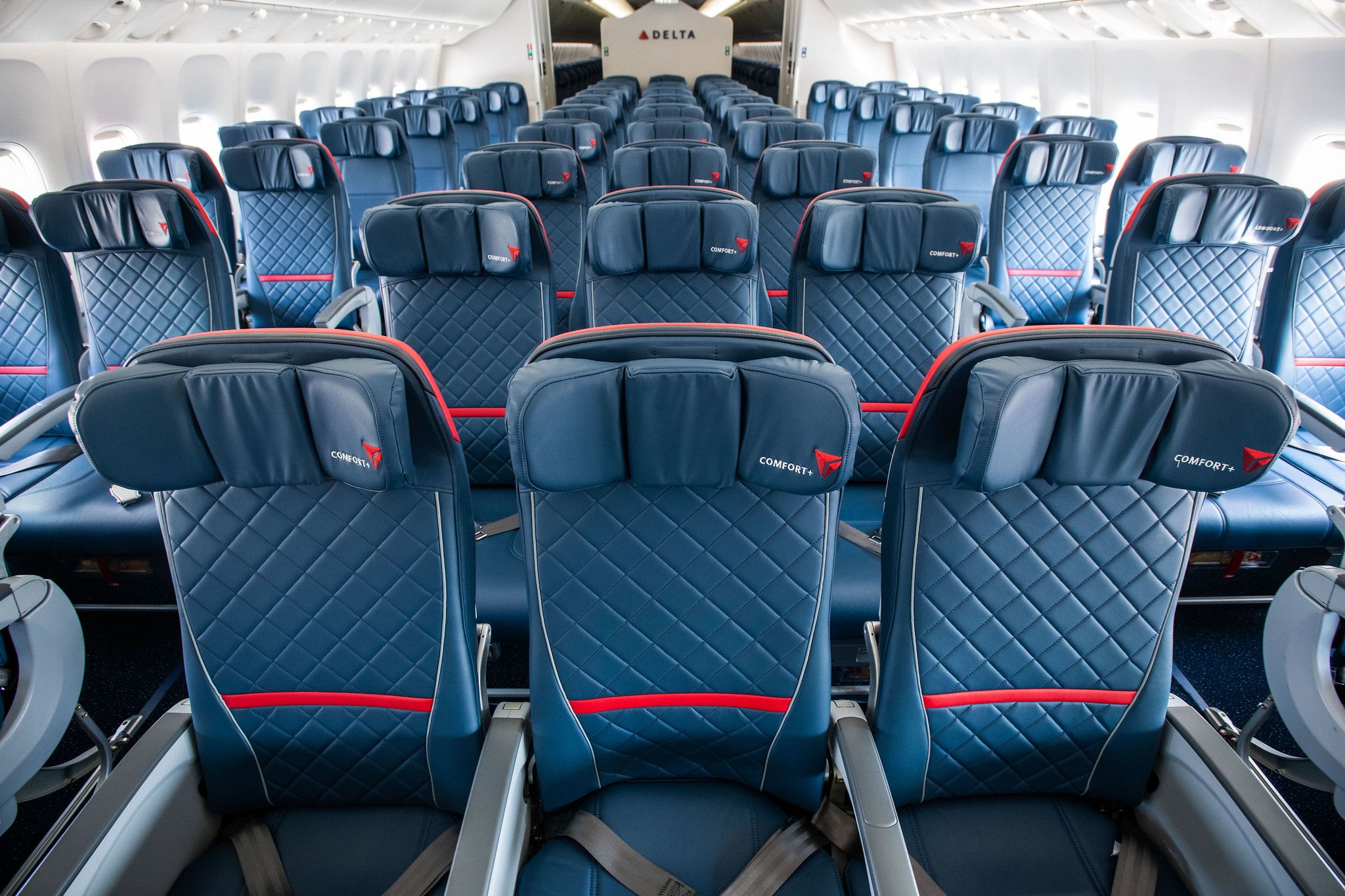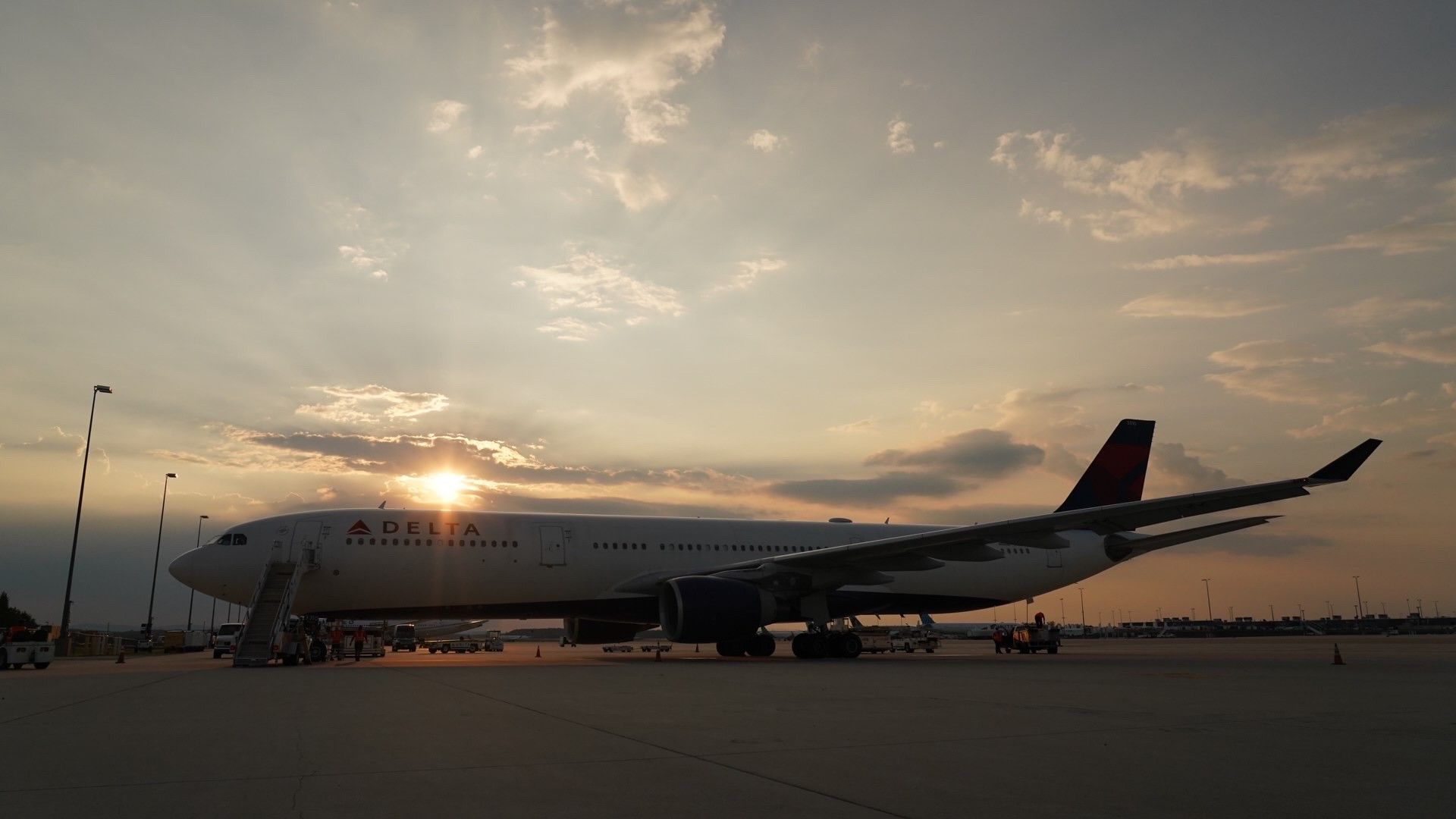In a recent earnings call, US carrier Delta Air Lines noted that it would look increase its practice of overbooking flights. The airline's president acknowledges the risk involved, but sees potential upside if disruption can be minimized.
Increasing load factors, increasing revenues
Reporting a strong start to 2023, Delta Air Lines revealed its adjusted financial results, showing an operating income of $546 million, with an operating margin of 4.6%. Presenting the data, Delta president Glen Hauenstein said,
"We delivered record March quarter revenue with total unit revenue that was 16% higher than the same period in 2019. These results reflect the strength in the underlying demand environment and continued momentum in premium products and loyalty revenue,"
But when questioned by Brandon Oglenski of Barclays about lower load factors and yields, Hauenstein noted that the airline is looking at increasing its overbooking rate, saying to Oglenski,
"if you were at 103% on average, and you have two extra points, you just go to 105 in terms of what your ability to take is. There’s a little bit of risk in that. And so we probably won’t go to 105 right away. We go to 104, see how that works."
From 103% to 105%
While Hauenstein's response might sound a little technical and quantitative, the airline president is essentially saying that, with Delta selling an average of 3% more tickets than existed on each flight (103%), it's looking to eventually bump this up to 105% if all goes well at 104%.
But, as Hauenstein notes, the airline doesn't want to "overshoot and cause a disruption." This essentially equates to passengers being bumped off flights and the airline having to provide compensation to those affected passengers.
Get all the latest aviation news for North America here.
Managing risk, minimizing disruptions
Knowing that there is almost always a small percentage of passengers that are no-shows, it's all about calculating risk to ensure as many seats as possible are filled. After all, there are many reasons for no-shows. For example, some travelers change their plans and cancel at the last minute, or are unable to make the connecting flight due to disruptions with the first leg of their journey.
The best case scenario is a full flight due to a handful of no-shows, but the worst case scenario will resemble what happened to United Airlines in 2017, when a passenger was violently dragged off an overbooked flight after he was randomly chosen to be bumped, but insisted on staying on the flight. Wisely, in his response on the recent earnings call, Hauenstein concludes his statement on overbooking by saying "we’re going to be a little bit more careful on getting that real time."
For Delta, and indeed all airlines, there's a significant upside to overbooking with minimal risk - at least based on statistics and the probabilities of no-shows. However, it looks like Delta is committed to keeping passengers happy, offering some fairly attractive sums of money for passengers to voluntarily give up their seats for overbooked flights. The airline once offered passengers $10,000 each to voluntarily take a later flight. More controversially, it offered $8,000 each to three passengers but then retracted the offer as it was deemed that bumping was no longer necessary.
What do you think of Delta increasing its overbooking rate? Share your thoughts by leaving a comment!




